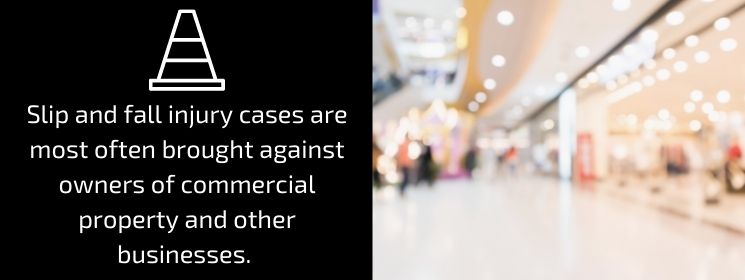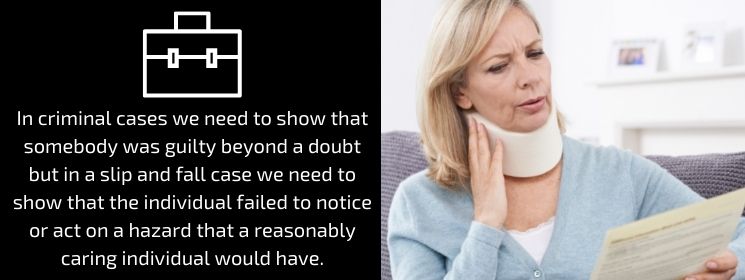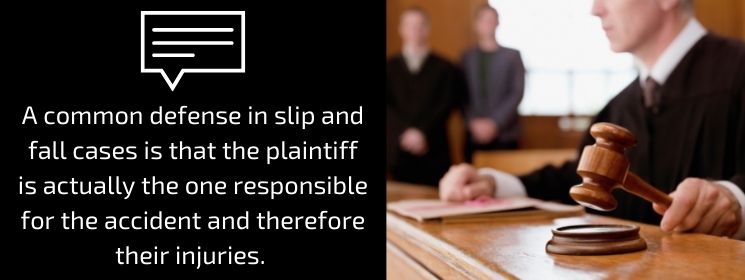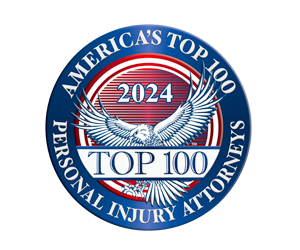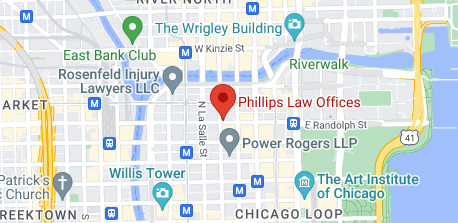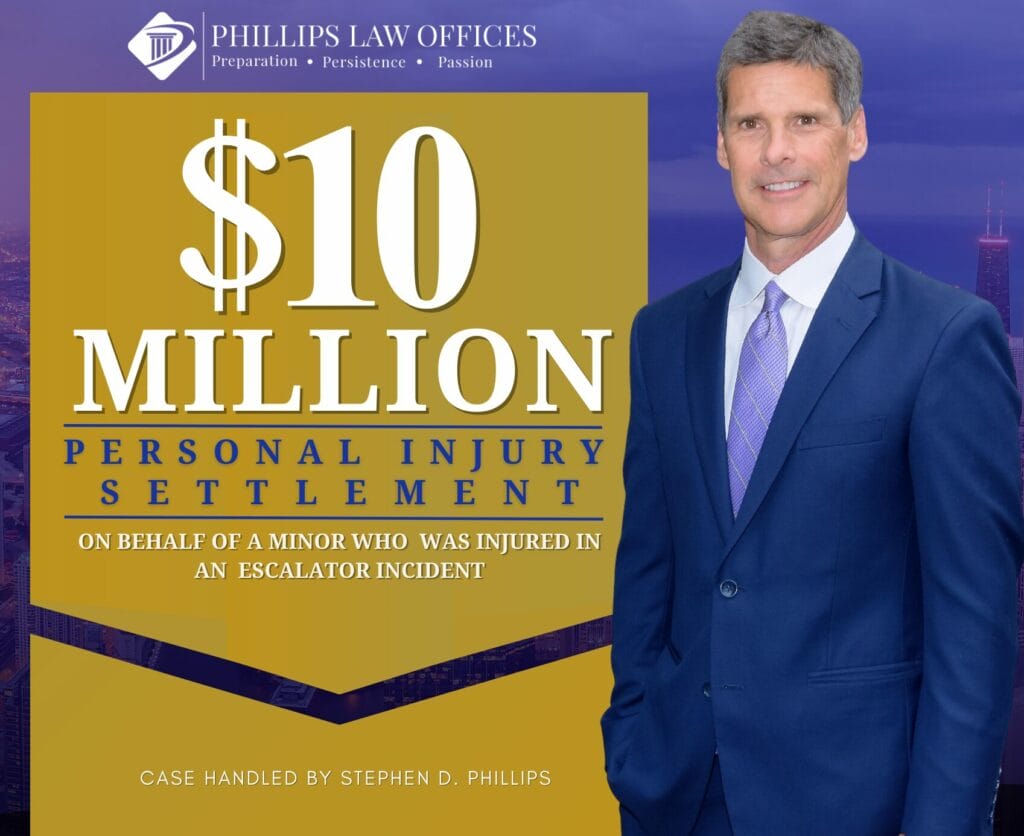Among the most often disregarded accidents, slip and falls are premises liability accidents that can cause serious injuries that can completely take you out of your life until you recover. Not only that, but some falls can cause injuries that you never fully recover from. In cases like this, it’s important to seek compensation where it is due.
But these injuries can be difficult to determine fault for. In some cases, the fault falls on the individual who slipped in the first place. However, it is often the case that the owner of the premises on which the accident happened is to blame because of their negligence in maintaining the property. When this is the case, it’s important that you prove their fault to win your case.
What Premises can a Slip & Fall Case be Brought Against?
Slip and fall injury cases are most often brought against owners of commercial property and other businesses. This is because these premises are open to the public and therefore they owe the public a level of security for when people are on their property.
It should be noted that a slip and fall case can be brought against a homeowner. If you suffer a slip and fall in somebody’s home then your injury might be covered under the homeowner’s insurance. In cases where you slip and fall in your apartment building, your landlord is expected to keep the common areas safe.
Slip and fall cases are commonly brought against:
- Owners of commercial property: The owner of the commercial property is often the one who is liable for accidents that happen on their premises.
- Companies that lease the property: When a business leases its location, the business often becomes the one who is liable for accidents on the premise such as when a store or a restaurant leases a property to open to the public.
- Companies that manage properties: When a company is hired to maintain a premise, accidents that happen on that premise may be shown to be their fault through negligence in the maintenance.
- Construction companies: A defect in the construction can lead to accidents later down the road and therefore sometimes the person at fault for a slip and fall accident proves to be the company that built the premises.
- Service providers: Cleaning companies are among one of the more common service providers to cause the conditions that led to a slip and fall but others could be repair companies or even gas or power companies which created a precarious situation by stretching wires (or other objects) out which could be tripping hazards.
What Do You Have to Prove to Win a Slip & Fall Case?
In order to show that another party was responsible for your slip and fall injury you must prove that the property owner, or one of the individuals in the chain explored above, had a responsibility to identify the hazard that caused your slip, and yet they failed to recognize it or if they did then they failed to fix it. Alternatively, another route to victory in a case like this is to prove that the individual actually caused the dangerous condition in the first place.
So in order to be responsible for a slip and fall accident it is important that you can show the individual was negligent in their duties; or, rather, it is important to show that they were reasonably negligent. In criminal cases we need to show that somebody was guilty beyond doubt but in a slip and fall case, we need to show that the individual failed to notice or act on a hazard that a reasonably caring individual would have.
Some points that help to determine fault so you can win the case are:
- Was the hazard there long enough that the owner could have noticed it and taken steps to fix it?
- Did the individual check on the property routinely and if so then did they keep a record?
- Was there a reasonable justification for why the hazard was there in the first place? Did that justification still exist when the accident happened?
- Could a preventive measure have made for a less hazardous condition?
- Was the hazard easy to spot or hidden?
- Did limited visibility of the hazard affect the accident?
How Do You Prove that You Didn’t Cause the Accident Yourself?
A common defense in slip and fall cases is that the plaintiff is actually the one responsible for the accident and therefore their injuries. This approach is quite reasonable and makes sense, after all, if you were the one who was being taken to court over a slip and fall then you would likely try to prove the same thing.
A few of the ways in which the defense will attempt to show that you were at fault for your slip and fall are listed below. By considering these approaches beforehand, you can prepare yourself for some of what you’re likely to face during the course of your case.
- Did you engage in an activity which would have prevented you from noticing the hazard? Being on your phone could prevent you from noticing a hazard that an otherwise reasonable person would have.
- Did you have lawful access to the location where the accident happened? If you had no reason to be there and especially if your access to the location was unlawful then your case is going to start looking pretty bad.
- Did the hazard have warning signs posted nearby that you ignored? If the hazard is clearly labeled then chances are you missed the warning by engaging in an activity which prevented you from noticing.
Do I Need a Lawyer for My Slip & Fall Case?
A slip and fall case might sound simple but they can lead to quite intense legal battles. You shouldn’t go into that battlefield alone. An experienced lawyer will be your best friend in a slip and fall case. If you have a case you are considering pursuing then contact us at (312) 346-4262 to see what your best strategy is.



